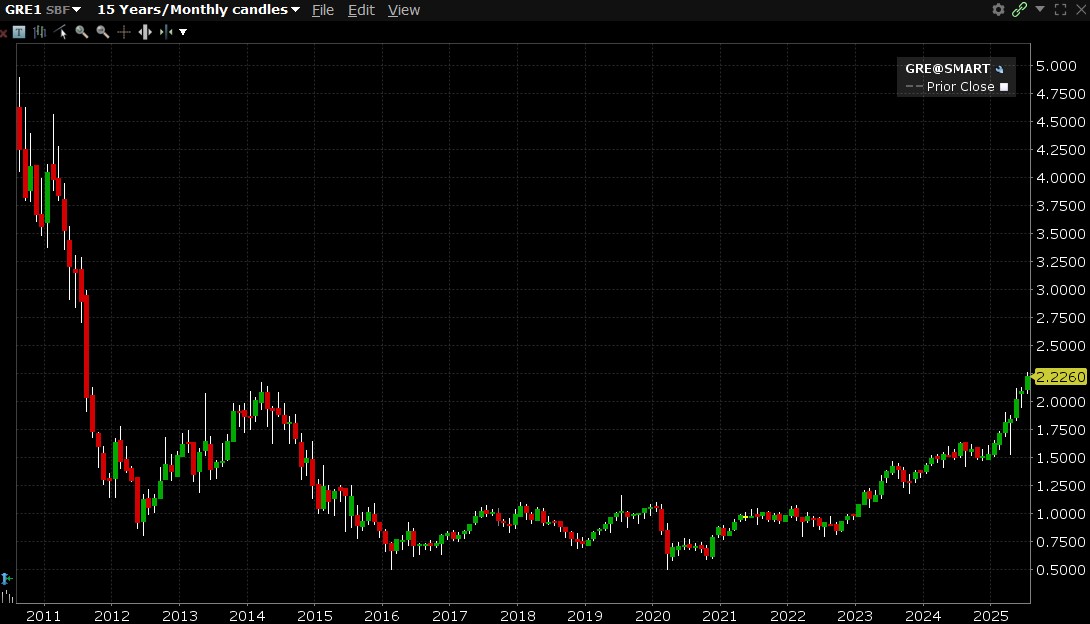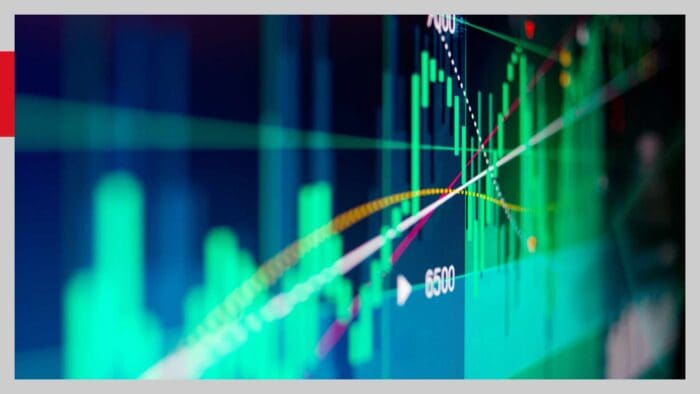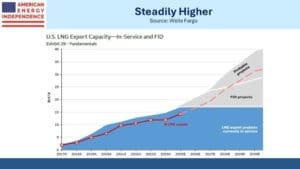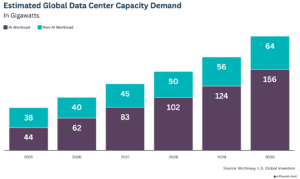In the aftermath of the 2008 global financial crisis, few economies were hit as hard as Greece. The country became synonymous with sovereign debt crisis, austerity measures, and economic uncertainty. Yet today, Greece stands as one of Europe’s most remarkable turnaround stories, offering investors opportunities that were unimaginable a decade ago.
From Crisis to Comeback
When Greece’s debt crisis reached its peak in 2010, the country required multiple international bailouts totalling over €280 billion. The economy contracted by more than 25% between 2008 and 2016, unemployment soared above 27%, and the Athens Stock Exchange lost more than 90% of its value from its pre-crisis peak.
Fast forward to today, and the transformation is striking. Greece has not only stabilized but is thriving by several economic metrics. The country successfully exited its bailout program in 2018, has returned to international bond markets, and has been experiencing sustained economic growth that outpaces many of its European counterparts.
The Draghi Effect: A Turning Point for Greece and the Eurozone
A pivotal moment in Greece’s recovery journey came on July 26, 2012, when European Central Bank President Mario Draghi declared that the ECB would do “whatever it takes” to preserve the euro. This watershed statement, followed by concrete policy actions including the Outright Monetary Transactions (OMT) program, effectively calmed market fears about a potential Eurozone breakup. For Greece, this intervention was crucial—it provided breathing room by reducing bond yield spreads and signalled strong institutional support for the Eurozone’s integrity. Draghi’s commitment fundamentally changed market perceptions about Greece’s future within the currency union, creating a more stable foundation upon which the country could implement its difficult but necessary reforms.
Key Drivers of Greece’s Economic Renaissance
Several factors have contributed to Greece’s impressive recovery:
1. Structural Reforms
The Greek government implemented comprehensive reforms across multiple sectors, improving fiscal discipline, enhancing tax collection, modernizing public administration, and creating a more business-friendly environment. These reforms have significantly improved the country’s economic fundamentals.
2. Tourism Boom
Tourism, a traditional pillar of the Greek economy, has reached record levels. The sector now contributes approximately 20% to GDP and has been instrumental in creating jobs and generating foreign exchange. Greece welcomed over 33 million visitors in 2019 (pre-pandemic), and numbers have rebounded strongly since COVID-19 restrictions were lifted.
3. Foreign Direct Investment
Greece has become increasingly attractive to foreign investors. Major infrastructure projects, privatizations, and real estate developments have drawn significant international capital. The government’s Golden Visa program, offering residence permits to non-EU nationals making substantial investments, has particularly boosted the real estate sector.
4. Digital Transformation
Greece has made impressive strides in digitizing its economy and public services. This digital pivot has improved efficiency, reduced bureaucracy, and created new opportunities in technology and innovation sectors.
Market Performance and Investment Outlook
The Athens Stock Exchange has shown remarkable resilience and growth in recent years. After hitting bottom during the crisis, the ATHEX Composite Index has demonstrated strong performance, reflecting renewed confidence in Greek businesses and the broader economy.
Several sectors offer particularly interesting investment prospects:
- Energy: Greece is rapidly expanding its renewable energy capacity and positioning itself as a regional energy hub.
- Technology: The country is developing a vibrant tech ecosystem, with startups attracting international venture capital.
- Real Estate: Property values in prime locations are appreciating as foreign buyers return to the market.
- Banking: After years of recapitalization and restructuring, Greek banks have significantly improved their balance sheets and reduced non-performing loans.
Challenges and Considerations
Despite the impressive turnaround, potential investors should remain mindful of challenges:
- Greece still carries a relatively high public debt burden, though its sustainability has improved.
- Geopolitical tensions in the Eastern Mediterranean region can impact stability.
- Demographic challenges, including an aging population and brain drain during the crisis years, affect long-term growth potential.
- The country remains vulnerable to external economic shocks.
Accessing the Greek Market
For investors interested in gaining exposure to Greece’s economic revival, there are various avenues available, from direct investments in Greek companies to financial instruments that track the Greek market.
One such instrument is the Amundi MSCI Greece UCITS ETF (ISIN: FR0010405431), which tracks the performance of the MSCI Greece Index. This ETF provides exposure to a broad range of Greek companies across various sectors, offering investors a diversified way to participate in the Greek market’s performance. The fund includes many of the country’s largest and most established businesses, reflecting the broader trends in the Greek economy.

Source: IBKR TWS. Past performance is not indicative of future results
Conclusion
Greece’s journey from the depths of financial crisis to economic revival represents one of Europe’s most compelling transformation stories. While challenges remain, the fundamental improvements in the country’s economic structure, combined with its natural advantages and renewed investor confidence, suggest that Greece’s renaissance may still be in its early stages.
For investors willing to look beyond historical perceptions, Greece presents an intriguing case of resilience, reform, and recovery that continues to unfold on the European economic stage.
Disclosure: Interactive Brokers
The analysis in this material is provided for information only and is not and should not be construed as an offer to sell or the solicitation of an offer to buy any security. To the extent that this material discusses general market activity, industry or sector trends or other broad-based economic or political conditions, it should not be construed as research or investment advice. To the extent that it includes references to specific securities, commodities, currencies, or other instruments, those references do not constitute a recommendation by IBKR to buy, sell or hold such investments. This material does not and is not intended to take into account the particular financial conditions, investment objectives or requirements of individual customers. Before acting on this material, you should consider whether it is suitable for your particular circumstances and, as necessary, seek professional advice.
The views and opinions expressed herein are those of the author and do not necessarily reflect the views of Interactive Brokers, its affiliates, or its employees.
















Join The Conversation
If you have a general question, it may already be covered in our FAQs page. go to: IBKR Ireland FAQs or IBKR U.K. FAQs. If you have an account-specific question or concern, please reach out to Client Services: IBKR Ireland or IBKR U.K..
Visit IBKR U.K. Open an IBKR U.K. Account